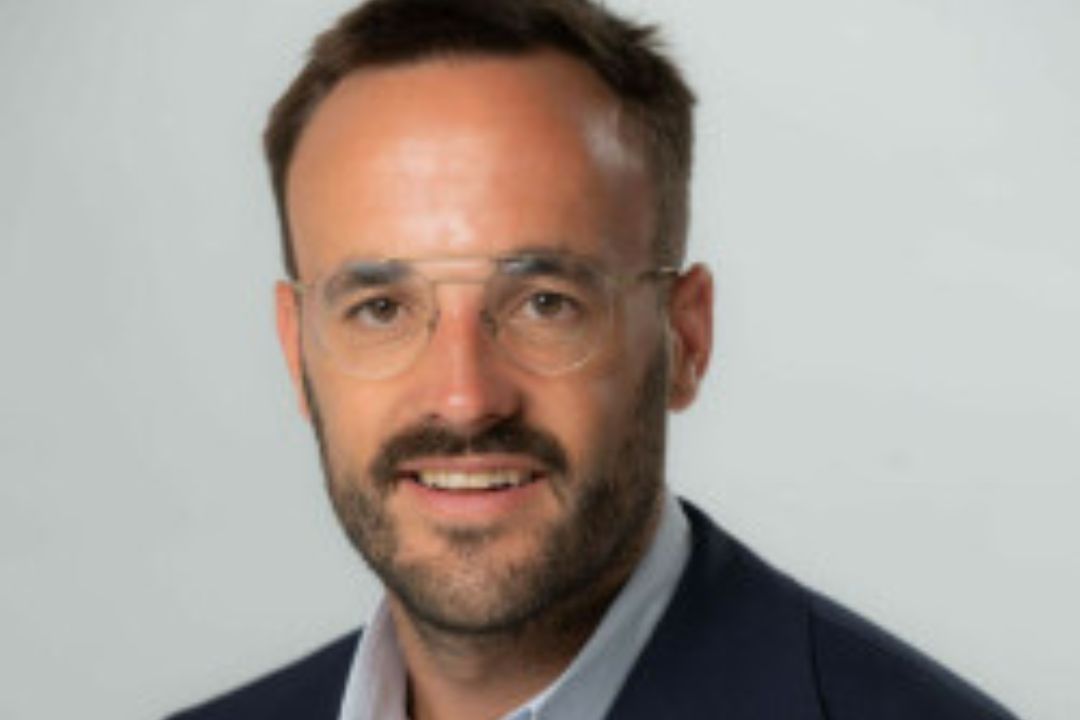18th August 2020
EIT Health InnoStars accelerated Ligence start-up from Lithuania, which is working on software innovations to reduce the workload on medical teams, rose to prominence and attracted a round of pre-seed funding outside the EIT Health network. If you were looking for proof that EIT Health InnoStars acceleration can lead to investors joining in – you just found one.
Cultivating innovation is a lot like tending to a delicate plant. There are two ways to cultivate one. You can use growth stimulators to get immediate results. On the other hand, you can take a more hands-off approach: create the right environment and wait for external factors to do their part of the job. Think about leaving a plant in sunlight for a couple of weeks, making sure it has access to water and let nature do the work.
The same principle applies to cultivation of innovation by EIT Health in the InnoStars region. One way to shorten the go-to-market journey of an idea or product is to use all available help from EIT Health, think funding and grants, access to know-how, networking and so on. Think of all the Success Stories and recognitions which were part of the EIT Health competitions and acceleration initiatives.
Another way is to spread the word and make the message reach relevant external stakeholders who are willing to contribute to the idea, creating the right environment to attract external support and investments.
That’s exactly the scenario which played out for Ligence, a start-up from Lithuania. The company is developing software to automate cardiac echocardiographic examination. After a healthy run with EIT Health and its innovation cultivation and acceleration ecosystem, the start-up has gained enough outside exposure and prominence to attract outside investors to raise a pre-seed round of financing of €360,000 from LitBAN, an investment fund.
From EIT Health competitions to raising investment
Ligence appeared on investor radar following its prominent presence in high-profile EIT Health InnoStars projects. The start-up participated in EIT Health Jumpstarter 2019 competition and is also a part of this year’s edition of InnoStars Awards – a high profile competition yet to be concluded in 2020.
“Central and Eastern Europe is mentioned many times as a potential gold mine of innovation, but of course a hidden source could be only transformed to value by proper care. In EIT Health Regional Innovation Scheme programme, we are keen to explore and support talented, early-stage start-ups, and help them accelerate their journey. Success stories, such as the recent recognition of Ligence, show us that we are on the right track to boost the innovation performance of the region,” says Tamás Békási, EIT Health Regional Innovation Scheme Business Creation Project Manager.
The financial commitment from outside investors follows a timely innovation by Ligence. In essence, the company is working on automation to offload some of the work from medical teams. With the ongoing pandemic, 2020 has already shown that clinicians, despite their best efforts, have limited workload capacity. Their overload decreases their awareness and leads to less than desirable health results for patients. Therefore, every single automation in medical practice is welcomed, if it provides a health value and works in a predictable manner. Ligence software, based on deep-learning neural networks, promises to do just that. According to the company, cardiac echoscopy currently requires a lot of manual labour by doctors, and the quality of the examination itself depends on the skill and experience of the doctor.
“Chest X-rays, computed tomography or magnetic resonance imaging already have a number of automated solutions developed. However, cardiac echoscopy is still lagging global progress and the lack of automation does not help to correctly identify heart disease. For example, measurements made by two cardiologists for the same patient can be very different and the automated system is more accurate,” says Dovydas Matuliauskas, Ligence’s Finance Director.
In other words, Ligence promises to bring more standardization, consistency and support for imaging-based diagnosis of heart diseases. A tentative estimate is that human labour may be reduced by about 50 per cent, effectively freeing up the crucial asset – clinicians time.
Adaptation of diagnosis automation to combat COVID-19
Ligence’s vision doesn’t end with process automation and reducing human labour required to produce a viable diagnosis. In fact, the software-based ultrasonographic solution is flexible and adaptable enough that it shows promise as a tool adapted to combat the ongoing coronavirus pandemic and the COVID-19 disease.
The company participated in the “Life-Saving Innovations: Stop COVID-19” competition held by Lithuanian Agency for Science, Innovation and Technology (MITA) and received funding of €25,000 provided by EIT Health Innostars. The general promise of Ligence’s innovation adapted to combat SARS-CoV-2 virus is to create, by mid-October in 2020, a working prototype of an automated diagnostic system to detect heart failures caused by coronavirus infection.
The tool is intended to be able to evaluate ultrasound images of the heart of patients with COVID‑19 and clinical signs of cardiovascular disease. The automation will also help emergency medical doctors as an automated system will compensate for the lack of investigator skills and experience. “Thanks to the funding received under EIT Health InnoStars, our company can solve the problems of assessing the heart damage of COVID-19 patients more quickly and allocate more human resources to this project. The funding will allow the costs associated with the development of R&D to be paid for”, said Justin Balčiūnas, Operations Manager at Ligence.
“We are excited to see such timely and technologically sophisticated innovation getting recognized by EIT Health. It is yet another proof that moderate innovators are catching up on innovation in healthcare and technology, to contribute to our common goal, which is to increase the quality of life of Europeans” – says Mikołaj Gurdała, EIT Health InnoStars Manager.
Europe's top health start-ups take centre stage: EIT Health Catapult winners are revealed at HLTH Europe

2025 Catapult programme winners announced.
Finding Europe’s next healthtech leaders: Insights from Antoine D’Hollander

Insights from Antoine D’Hollander, Capricorn Partners.
EIT Health supports 17 promising deep tech start-ups bridge the ‘Valley of Death’

Providing start-ups with the right support.